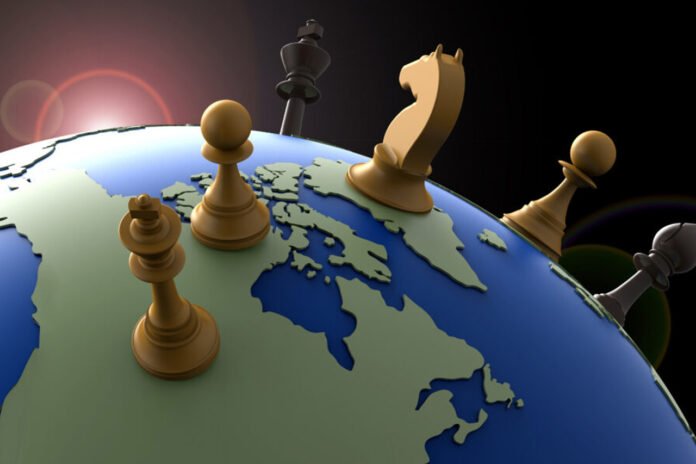Introduction
In today’s interconnected world, global politics is in constant flux. The ever-changing dynamics of international relations and the emergence of new geopolitical challenges require nations to navigate complex terrain. In this blog post, we will explore the importance of understanding and effectively managing these geostrategic challenges.
The Shifting Global Order
The post-World War II world order, with the United States as the dominant superpower, is undergoing significant changes. The rise of new powers like China and the resurgence of regional players like Russia have challenged existing power dynamics. This change in the world order has increased competition and tension between nations.
Understanding Geostrategic Challenges
Geostrategic challenges refer to the complex interaction between geography, power and politics. These challenges stem from the pursuit of national interests, the pursuit of resources and the desire for global influence. It is very important for nations to understand and effectively navigate these challenges to protect their interests and maintain stability in the international system.
The Role of Diplomacy
Diplomacy plays an important role in navigating geostrategic challenges. Through diplomatic channels, nations can engage in dialogue, negotiation and cooperation to resolve disputes and find mutually beneficial solutions. Effective diplomacy requires skillful negotiation, understanding cultural differences, and the ability to build trust and harmony with other nations.
Economic Interdependence
In today’s interconnected world, economic interdependence has become a defining feature of global politics. Nations are increasingly interdependent on each other for trade, investment and technological cooperation. This interdependence creates both opportunities and challenges. It can promote cooperation and peace, but it can also lead to economic vulnerabilities and conflicts of interest.
Security and Defense
Ensuring national security and defense is an important aspect of addressing geostrategic challenges. Nations must anticipate potential threats, develop strong defense capabilities, and cooperate with allies to deter aggression and maintain stability. The evolving nature of warfare, including cyber threats and non-state actors, requires constant adaptation and innovation in security strategies.
Climate Change and Environmental Issues
Climate change and environmental issues have emerged as major geostrategic challenges in recent years. The impact of climate change on resources, migration patterns and geopolitical stability cannot be ignored. Nations must work together to address these challenges through international agreements, sustainable development, and the promotion of renewable energy sources.
Conclusion
Global politics is in a constant state of flux, with geostrategic challenges shaping the international landscape. Navigating these challenges requires a deep understanding of the changing global system, effective diplomacy, economic interdependence, security and defense initiatives, and addressing climate change and environmental issues. By actively engaging with these challenges, nations can strive for stability, cooperation and a more secure future.




